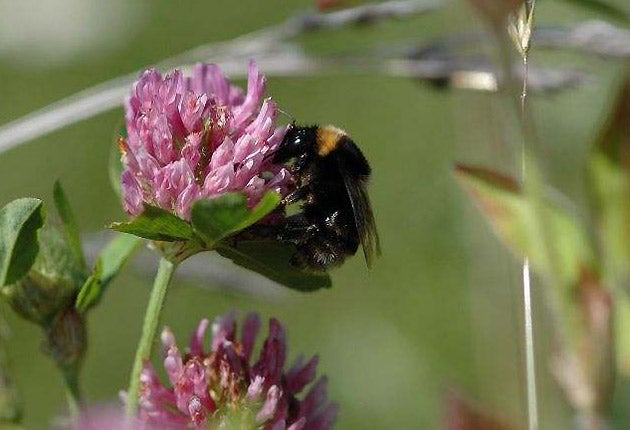Can we have our bees back please?

Alongside building canals and railways, navvies made a little-known contribution to biodiversity: collecting dozens of short-haired bumblebees for transportation to New Zealand. More than a century later, scientists plan to bring Bombus subterraneus back to its native country after it became extinct.
The navvies were paid a bounty for each insect they collected, and the bees became established in small areas of New Zealand’s South Island.
The project to establish a new population in Kent will use a technique perfected by Czech scientists to breed the famously fussy insects.
Britain’s bumblebees have lost 98 per cent of their preferred habitat in the last 70 years. Of the 24 native breeds, just six remain in significant numbers, and two are extinct, including the short-haired, last seen in 2000.
The New Zealand bees became established in the late 19th century as part of efforts to rapidly increase the amount of pasture for the burgeoning sheep population. The short-haired bumblebee is a particularly effective pollinator of red clover, a favourite foraging crop. Manual labourers in Britain were recruited to collect hibernating queens as they dug the soil.
Dr Ben Darvill, director of the Bumblebee Conservation Trust, which is working on the project with Natural England, the RSPB and the bee charity Hymettus, said: “We are essentially using the same method as the navvies, only this time it is a lot more complicated. We can’t go around digging up the countryside like they did then. In order to provide sufficient disease-free queens, the British team will use colonies of different bumblebee species in New Zealand to harvest pollen, which will then be taken off them by the scientists and fed to the short-haired bees.”
Subscribe to Independent Premium to bookmark this article
Want to bookmark your favourite articles and stories to read or reference later? Start your Independent Premium subscription today.

Join our commenting forum
Join thought-provoking conversations, follow other Independent readers and see their replies